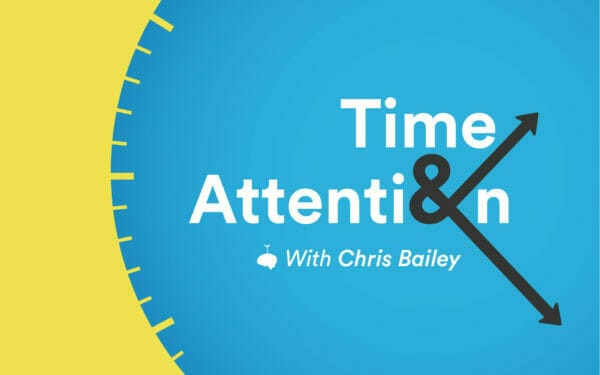
 Time and Attention
Time and Attention 120: Chore Points
Jan 23, 2024
Topics covered include: different couples splitting chore burden, chores and conflict, value of chore tracking, and the chore tracking sheet they designed. They also discuss gender gaps in sharing household responsibilities, the relevance of home economics in education, achieving big life goals, beard grooming, gender disparities in chores, thoughts on budgeting, and maintaining a clean house.
Chapters
Transcript
Episode notes
1 2 3 4 5 6
Introduction
00:00 • 2min
Household Management and a Literary Agent's Book
01:33 • 2min
Achieving Big Life Goals and Beard Grooming
03:14 • 4min
Gender Disparities in Household Chores
06:45 • 7min
Thoughts on Budgeting and Optimizing Consumption
13:21 • 2min
Balancing Chores and Maintaining a Clean House
14:52 • 15min

